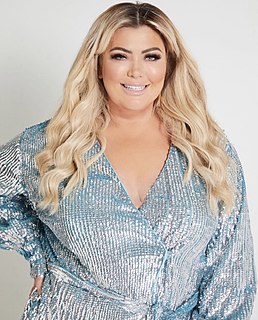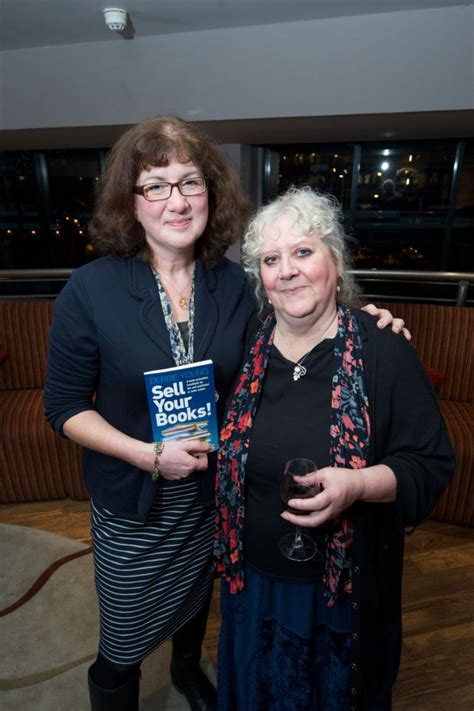A Quote by Walt Disney
Why do we have to grow up? I know more adults who have the children's approach to life. They're people who don't give a hang what the Joneses do. You see them at Disneyland every time you go there. They are not afraid to be delighted with simple pleasures, and they have a degree of contentment with what life has brought - sometimes it isn't much, either.
Related Quotes
For fantasy is true, of course. It isn't factual, but it is true. Children know that. Adults know it too, and that is precisely why many of them are afraid of fantasy. They know that its truth challenges, even threatens, all that is false, all that is phony, unnecessary, and trivial in the life they have let themselves be forced into living. They are afraid of dragons, because they are afraid of freedom.
Adults are always telling young people, 'These are the best years of your life.' Are they? I don't know. Sometimes when adults say this to children I look into their faces. They look like someone on the top seat of the Ferris wheel who has had too much cotton candy and barbecue. They'd like to get off and be sick but everyone keeps telling them what a good time they're having.
Why do we cling to life and why are we afraid of death? You may not have thought about it. The reason why we cling so much to life and why we are afraid of death is just inconceivable. We cling to life so much because we do not know how to live. We cling to life so much because really we are not alive. And time is passing and death is coming nearer and nearer. And we are afraid that death is coming near and we have not lived yet.
I think that people all grow up and have their same personalities, but you can say, "Oh, I can see the roots of this personality, which I didn't like, but then you grew up, and I can still see you as that person, but I do really like you now." Which is sort of how I feel about children - I mean, about children who I knew when I was a child and grew up with, and they're still my friends, and children that I know as children who I see growing up, and every year I like them more.
Children have a lesson adults should learn, to not be ashamed of failing, but to get up and try again. Most of us adults are so afraid, so cautious, so 'safe,' and therefore so shrinking and rigid and afraid that it is why so many humans fail. Most middle-aged adults have resigned themselves to failure.




































